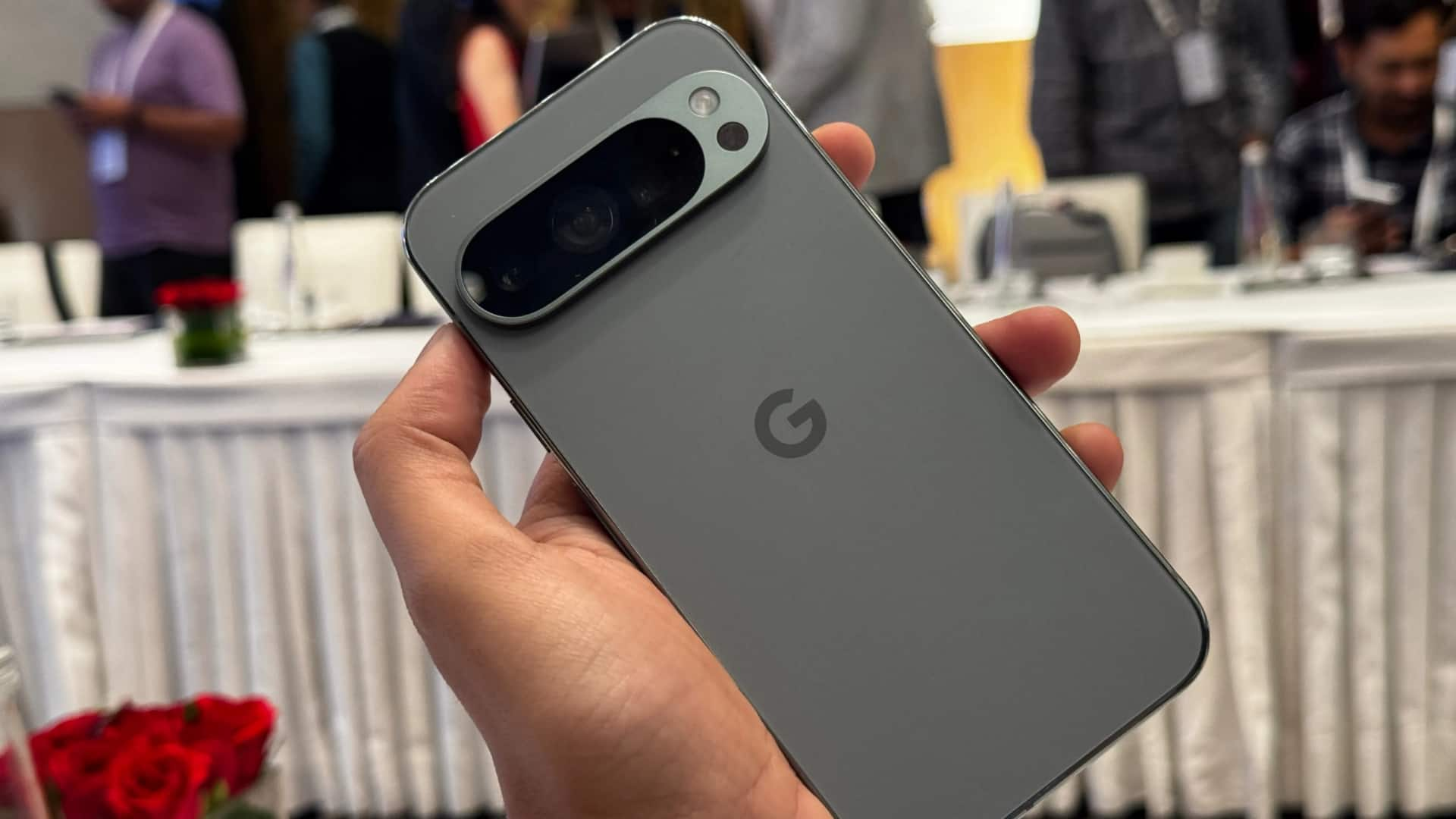
After iPhones, Indonesia bans sale of Google Pixel: Know why
What's the story
Indonesia has banned the sale of Google Pixel smartphones for failing to meet domestic content requirements. The move comes just days after a similar ban was imposed on Apple's iPhone 16.
The Indonesian Ministry of Industry has said that trading of Google's phones will continue to remain suspended until they comply with rules requiring local content in smartphones sold in the country.
Certification requirement
Google must secure local content certification to resume sales
Febri Hendri Antoni Arief, a spokesperson for the Industry Ministry, said Google needs to obtain local content certification before resuming sales in Indonesia.
"The local content rule and related policies are made for fairness for all investors that invest in Indonesia, and for creating added value and deepening the industry structure here," Hendri explained.
Content rules
Rules demand local sourcing or investment
Indonesia's content rules require tech firms to source 40% of their smartphone and tablet components locally.
This can be done by manufacturing locally, developing firmware, or directly investing in innovative projects.
Companies such as Samsung and Xiaomi have complied with these regulations by establishing manufacturing facilities in the country.
Apple, on the other hand, has opted to set up developer academies as its way of compliance.
Industrial policy
Indonesia's industrial policy enforces local content level certification
As part of its industrial policy, Indonesia has a certification system called "local content level." This is a part of a larger plan to leverage its massive consumer market for domestic growth.
Companies not adhering to these standards are restricted from selling in the country.
Despite being global tech giants, neither Google nor Apple appears in the top five smartphone brands in Indonesia, according to data from marketing research firm Counterpoint.